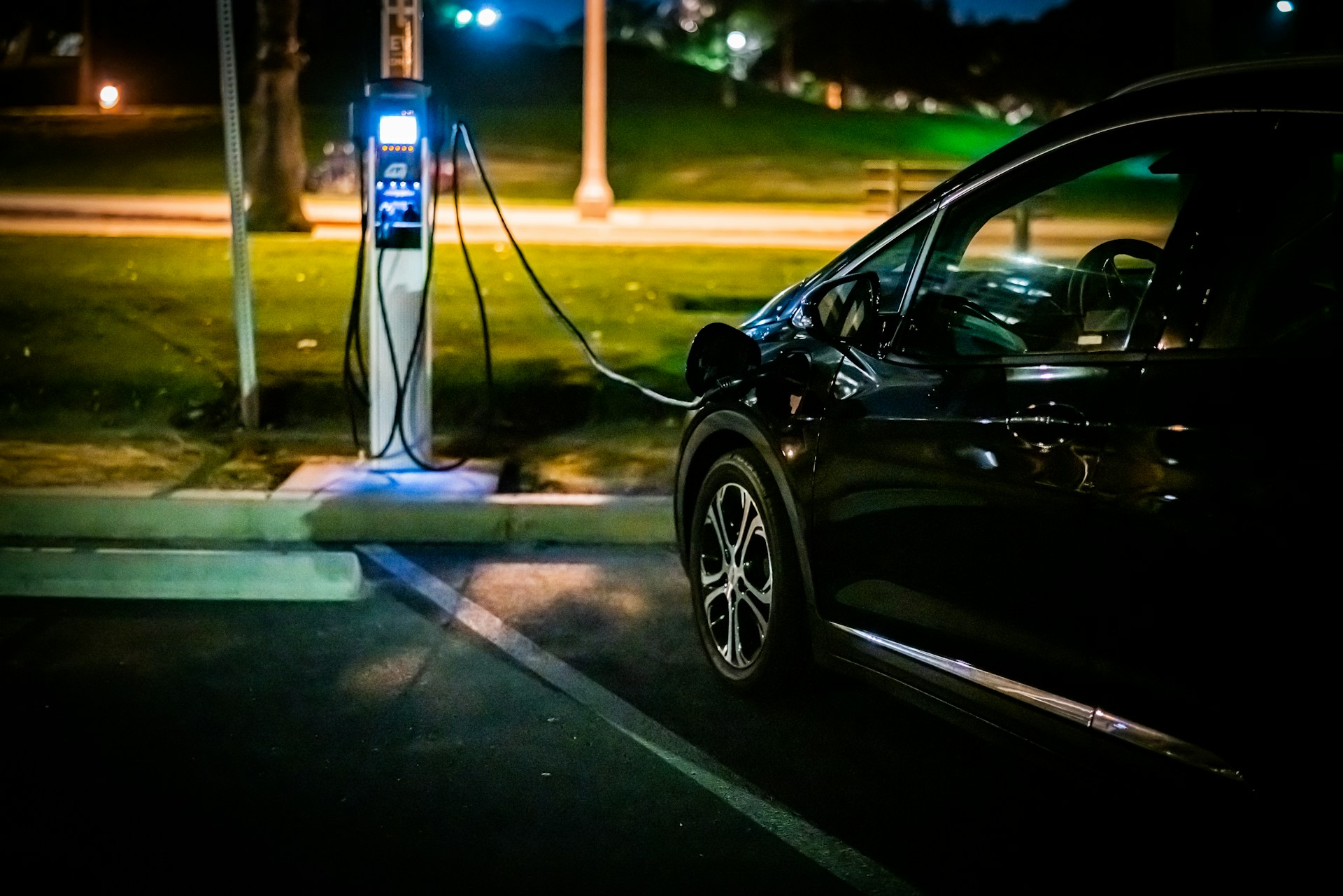2023’s Top Home Charging Innovations for Electric Cars: Tesla to BYD
In the rapidly evolving world of electric vehicles, 2023 has emerged as a pivotal year for home charging innovations. With electric car sales accelerating at a record pace, the importance of efficient and user-friendly home charging solutions has never been greater. According to BloombergNEF, global EV sales are set to surpass 14 million units by the end of this year—a staggering 35% increase from 2022. As more consumers transition to electric mobility, understanding the latest advancements in home charging technology becomes essential. This article will guide you through 2023’s top home charging innovations, featuring leading brands like Tesla and BYD, and help you make informed decisions to enhance your electric driving experience.
Cutting-Edge Home Charging Solutions
Tesla’s Wall Connector: A Leader in Efficiency
Tesla continues to set the benchmark in electric vehicle technology, and its home charging solutions are no exception. The Tesla Wall Connector, now in its third generation, is a testament to the brand’s commitment to innovation and efficiency.
- Fast Charging: With a power output of up to 11.5 kW, the Wall Connector can charge a Tesla Model 3 at a rate of 44 miles of range per hour.
- Smart Features: The device integrates seamlessly with the Tesla app, allowing users to monitor charging in real time, schedule charging sessions, and receive software updates automatically.
- Durability and Design: Designed for both indoor and outdoor installations, the Wall Connector boasts a sleek, compact design that complements any home aesthetic.
BYD’s Smart Home Charger: A New Contender
Chinese automaker BYD is making waves in the EV market with its innovative home charging solutions. Known for its affordable yet high-performance electric vehicles, BYD’s Smart Home Charger offers several appealing features:
- Wide Compatibility: Compatible with all BYD models as well as other electric vehicles thanks to its universal connector.
- Rapid Charging: Capable of delivering up to 10 kW of power, ensuring quick and efficient charging sessions.
- Energy Management: Features like load balancing and energy efficiency optimization help reduce electricity costs and environmental impact.
Key Considerations for Choosing a Home Charger
When selecting a home charging station, several factors should be considered to ensure compatibility and efficiency.
Charging Speed and Power Output
One of the primary considerations is the charging speed, which is determined by the power output of the charger. For most EV owners, a Level 2 charger, offering between 7.2 kW and 22 kW, will suffice for overnight charging. Tesla’s Wall Connector and BYD’s Smart Home Charger fall into this category, providing adequate speed for daily use.
Smart Connectivity and Features
Modern home chargers are equipped with smart features that enhance user experience and efficiency. Look for chargers that offer app connectivity, scheduling capabilities, and real-time monitoring. These features not only provide convenience but also help optimize energy consumption and reduce costs.
Installation and Compatibility
It’s essential to ensure that the home charger you choose is compatible with your EV and your home’s electrical system. Some chargers may require professional installation, especially those with higher power outputs or advanced features. Consider consulting with an electrician to assess your home’s wiring and potential installation costs.
The Impact of Home Charging Innovations on the EV Market
The advancements in home charging technology are playing a significant role in accelerating the adoption of electric vehicles. Efficient home charging solutions alleviate range anxiety—a common concern among potential EV buyers—by providing a reliable and convenient way to charge vehicles overnight.
Additionally, the integration of smart grid technology and renewable energy sources into home charging systems is paving the way for a more sustainable future. According to the International Energy Agency, the use of renewable energy in electric mobility could reduce greenhouse gas emissions by 30% by 2030.
Practical Tips for New EV Owners
For those new to the world of electric vehicles, selecting a home charger can seem daunting. Here are some practical tips to help you make the right choice:
- Assess Your Driving Habits: Consider your daily driving distance and charging needs to determine the appropriate charging speed.
- Check for Incentives: Many governments and utility companies offer incentives for installing home chargers. Research available rebates to reduce upfront costs.
- Plan for the Future: As battery technology advances, ensure your home charger is future-proof and capable of handling higher power demands.
Conclusion: The Future of Home Charging
As we look towards a future dominated by electric mobility, home charging innovations are set to play a crucial role in supporting this transition. Brands like Tesla and BYD are leading the charge with cutting-edge solutions that combine efficiency, smart technology, and sustainability. For consumers, staying informed about these developments will be key to optimizing their electric vehicle experience.
As we embrace the electric revolution, what features do you think will define the next generation of home charging solutions? Share your thoughts in the comments and join the conversation about the exciting future of electric vehicles.

